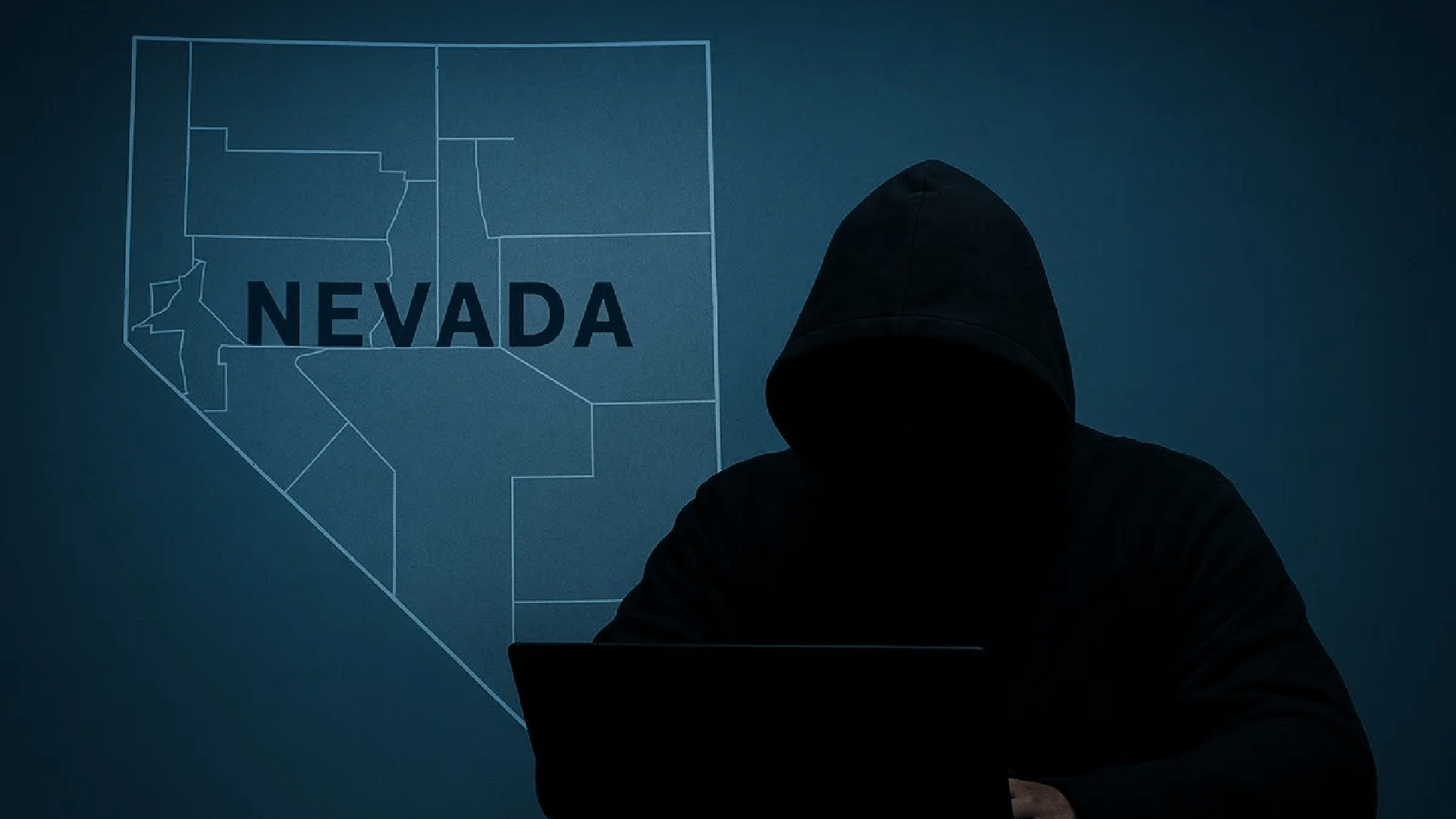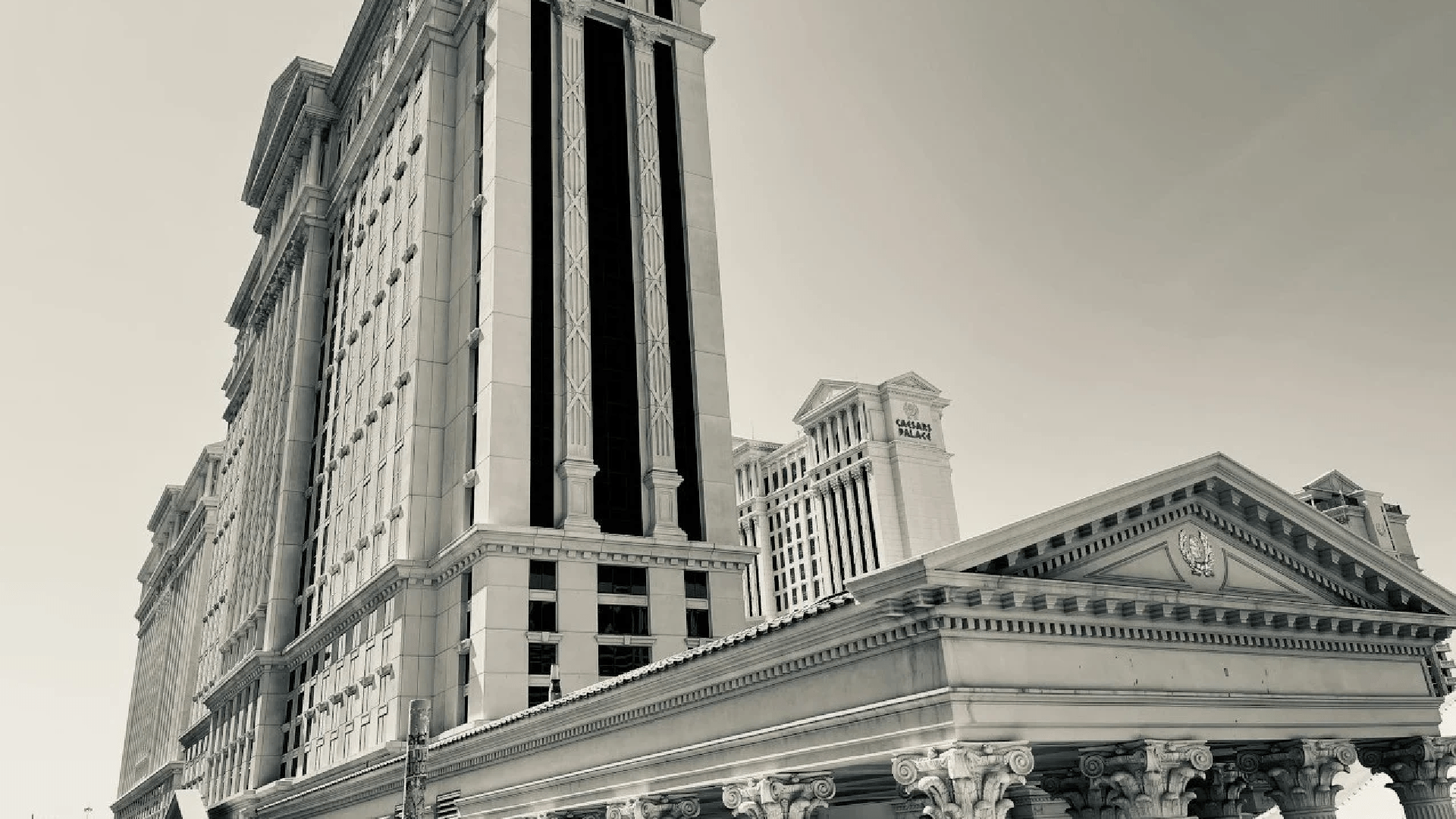
A Nevada resident named Steven Horn sued Amazon, alleging that the company made illicit money from social casino games.
Amazon is accused of making money off of "addictive" social casino apps in a legal challenge
A legal challenge is currently being faced by the massive online retailer. A Nevada resident named Steve Horn is suing Amazon for profiting from games that he believes to be illegal social casino games.
According to the class action lawsuit, Amazon offers a number of social casinos, including Coin Dozer and Slotomania, for free. Players can purchase fake chips and continue playing even after they run out of chips, but no money is won.
Thus, the lawsuit contends that social casino games like slot machines are extremely lucrative and addicting. Nonetheless, this highlights its function within the procedure. According to the complaint, it permits the download of illegal games even though it is aware that they are prohibited.
2018 saw accusations of gambling problems made against IGT and DoubleDown Interactive. According to Washington State law, the lawsuit claimed, the virtual chips in IGT's social casino products involved unlawful gambling.
IGT and DoubleDown reached a settlement to end the legal dispute in August 2022 for $415 million ($333.9 million/€383.7 million).
Amazon Files Lawsuit Regarding Social Casino Games, Seeks to Stop and Return Money
Thus, the goal of the lawsuit is to compel Amazon to stop endorsing social casino games. Furthermore, it mandates that a person or group of persons who obtained money from these games "illegally" reimburse their clients.
The lawsuit names thirty-four social casino brands: Jackpot Party, Quick Hit Slots, LOTSA, HIT Slots, Black Diamond Casino, and Monopoly Slots - Casino Games. There has been an injunction against Big Fish Casino for a considerable amount of time.
According to the lawsuit, social casinos make a ton of money by fusing the most alluring elements of classic slots with network pressure technology and big data from Amazon, which the company uses to identify individuals who are susceptible to addiction.
In summary, as previously mentioned, social casino apps are unable to sustain themselves or make such a large profit from these illegal games on their own. Essentially, Amazon cannot be divorced from its targeting, retention, and profit-taking of these compulsive gamblers.
Amazon retains complete control over whether social casinos may be advertised or sold through its stores, and it receives a portion of the majority of gambling losses that end up in its possession.
Amazon Files Suit, Claiming $1.8B in Revenue from Compulsive Casino Games
The lawsuit claimed that approximately $6 billion, or £4.9 billion/€5.7 billion, was lost to gambling through social casinos in 2020 based on data from Statista. This is what Amazon gets paid, as indicated in the claim.
A whopping thirty percent of all bets made on games in social casinos go to Amazon. Compared to the one to fifteen percent that traditional casinos withhold from their real money slot games, it is only about one percent.
Amazon reportedly made $1.8 billion from those games in 2020, according to Statista
Amazon was the complainants' distributor and paymaster, and they claimed that the business relationship between these social casinos produced a lucrative exchange. Amazon distributes the casino games, gathers customer payments, maintains critical player data, and keeps a 30% commission on each wager.
Customers who use their entire credit card balance to purchase items worth tens or even hundreds of thousands of dollars are likely to become addicted as a result, which is the intended outcome.
Among the non-financial effects of social casino addiction are depression, divorce, and suicide thoughts.
30% Ownership of Amazon in Social Casinos Despite Legal Uncertainty
It has to be made clear even though social casinos are generally accepted as legal in the US. The 2018 Washington court case that declared casino apps unlawful was cited in this lawsuit.
Churchill Downs and Big Fish Casino, a social casino, were parties to the lawsuit. The court clarified that since virtual chips have value, using them could be considered gambling.
It is purported that Amazon endorses and has a 30% share in the profits from "slot machines," despite the fact that the company is unaware that social gambling is illegal. Amazon is therefore held accountable for its involvement in an unlawful gaming enterprise.
Amazon has not yet responded in writing.

 UK
UK








